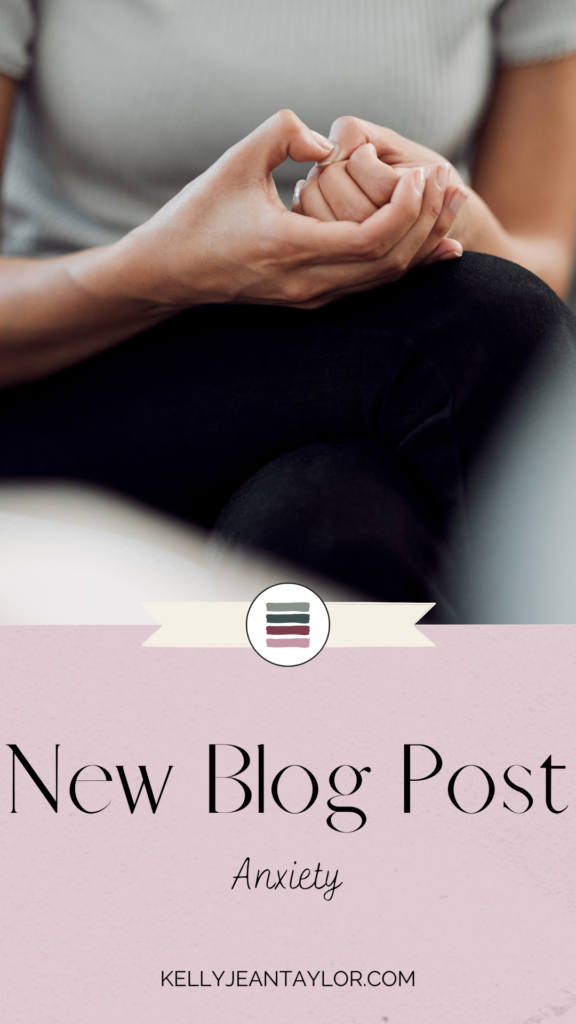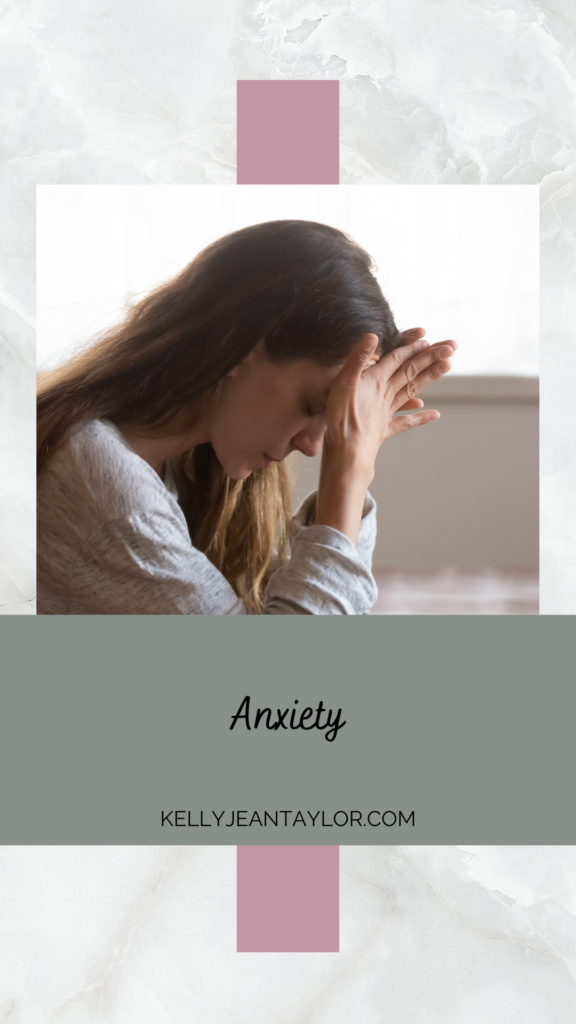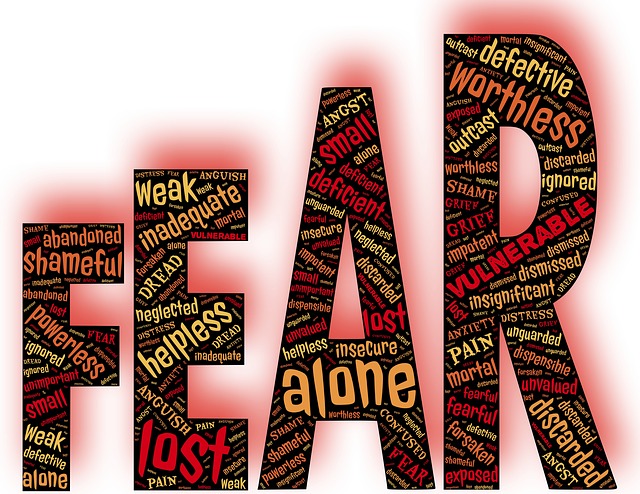
Anxiety

What is Anxiety
Anxiety is when someone is in a persistent state of fear and worry, which can cause a debilitating impact on your life. Anxiety doesn’t only affect you, but others around you.
Symptoms of Anxiety
Anxiety has a variety of symptoms from physical to mental. They also vary depending on the anxiety disorder, which there are many. Recognizing these symptoms is the first step in acknowledging you have anxiety and getting the help you need to combat it.
Physical Symptoms
Mental Symptoms
- Panic attacks
- Increase heart rate
- Feeling hot or sweaty
- Nausea
- Feeling weak or tired
- Insomnia
- Feeling dizzy or light headed
- Hyperventilation
- Gastrointestinal problems
- Aches and pains in your body
- Depression
- Constant worrying
- Feeling disconnected from the world around you
- Feeling of impending danger
- A Feeling nervous or irritable
- Feeling Tense
- Needing someone to reassure you
- Feeling distant from your friends and family
Types of Anxiety
General Anxiety which is the most common form of anxiety people relate too. You feel anxious and worried most of the time, always expecting the worst in a situation, and feel like nothing is in your control. Always having negative feelings about everything you encounter is another form of generalized anxiety.
Panic Attacks – These are very hard to control. You feel like you can’t breathe, while your heart is beating so fast. They seem to come from nowhere. The feeling of immobilizing fear can keep you from enjoying the life around you. Panic attacks are usually reoccurring fears that pop up out of the blue.
Social Anxiety – This is something most of us experience as a young child. The fear of being in social situations, public speaking, or talking in front of the class. Being singled out in front of a large audience is very traumatic for some people, causing them to have anxiety.
Specific Phobias – Phobias are fairly common with people. Most people, if not everyone, has a phobia of some kind. Spiders, being outside, heights, even something as simple as an insect. Being faced with their phobias will cause them to become very fearful and anxious. Phobias should be taken seriously. Just because you don’t see what is so fearful about something doesn’t mean others aren’t.
Causes of Anxiety
Some scientist believe that genetics may have something to do with it. If a close relative has anxiety, you may eventually have it too. It could be how you were raised as a child. If you went through a traumatic situation, or experience in your past, that could cause your anxiety. Your current situation could play a factor, stress at work, relationship problems, or dealing with an injury, could be a factor of your anxiety. Another factor could be drugs and alcohol, too much could cause you to be anxious or the medication your are taking for an injury. Always look at the side affects before taking any medications.

How to Cope with Anxiety
There are several ways to cope with anxiety. The best way is to get professional help. Talk to your doctor or see a counselor and discuss your anxiety with them. There are some at-home ways to help with your anxiety too.
Meditation – Controlling your breathing could help you to regulate your breathing when a panic attack comes on out of nowhere. Practicing your breathing a little bit every day by doing a meditation session can also help you become more aware of what is around you. The little things you are missing. Sights, sounds, tastes. All of your senses become more sharpened. Also you just found a way to calm your mind and your body.
Self-Care – Making a self-care routine, like journaling, exercising, going to bed early, waking up earlier, taking a bath instead of a shower are just some ideas of self-care. If you would like some more ideas, check out our Pinterest Board. It’s a good ideas to add one thing at a time to your routine and do it for a couple weeks to make sure it’s something you are going to stick with before adding another one.
Tips – Know that you are not alone!! There are several support groups for anxiety that you can join and people there that will help you. Communicate!! No one can help if you don’t let someone know what is going on and lastly seek professional help.
Author’s Note
I, myself, have been in the this situation and it’s not a good place to be. Living with anxiety is hard, especially for your family. They are the ones that have to watch you suffer because you won’t let them help you. You feel the more they try, the more they are pushing you away. I know it sounds ridiculous, but when your having an attack it feels like the world is far away and no one can help. Trust me when I say, there is always help. You just have to seek it.
My daughter also has anxiety and depression and it’s a painful feeling to have to watch your loved one suffer like that, but with professional help and some self-care routines we are are both doing well and enjoying life.








